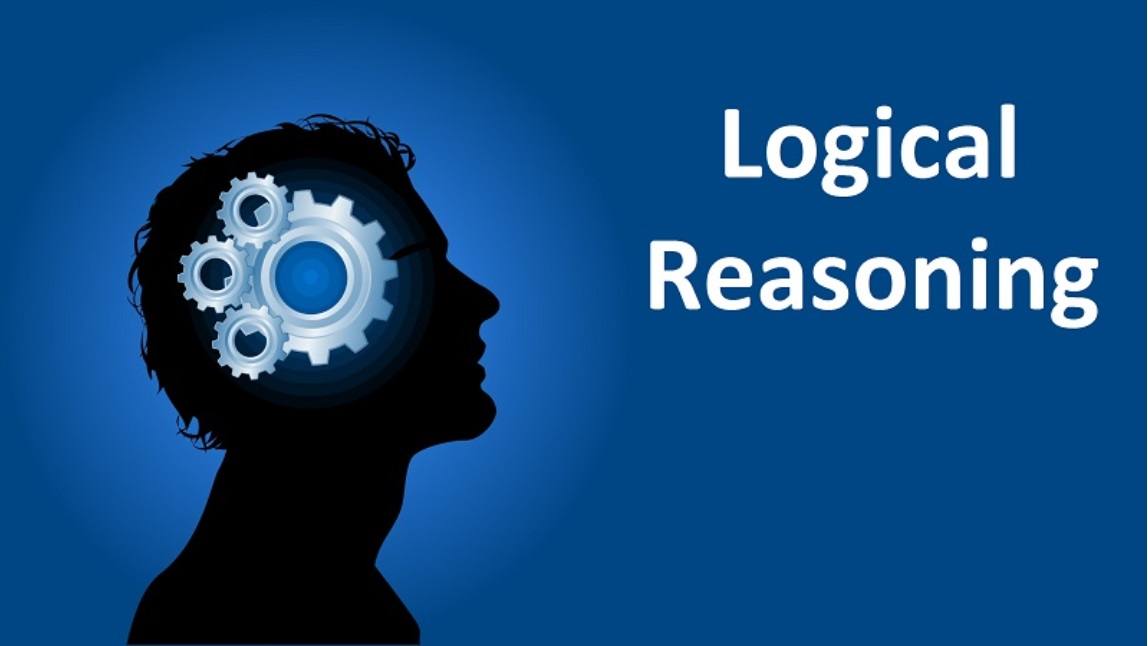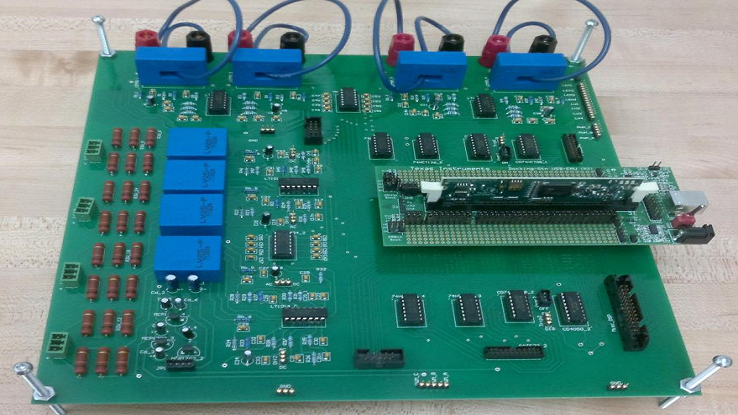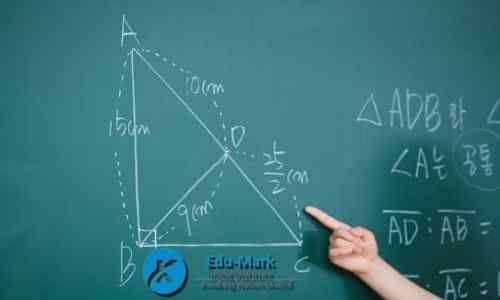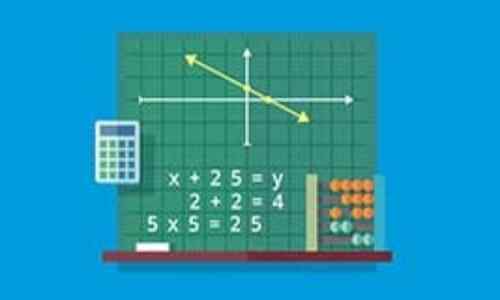



 Tech & IT
Tech & IT
 Business
Business
 Coding & Developer
Coding & Developer
 Finance & Accounting
Finance & Accounting
 Academics
Academics
 Office Applications
Office Applications
 Art & Design
Art & Design
 Marketing
Marketing
 Health & Wellness
Health & Wellness
 Sounds & Music
Sounds & Music
 Lifestyle
Lifestyle
 Photography
Photography
More Learnfly
Business Solution Become an InstructorCalculus, a branch of mathematics, studies rates of change and accumulation. Differentiation examines instant rates, while integration focuses on quantity accumulation. It's crucial in physics, engineering, economics, and various fields for dynamic system analysis and modeling.












Learn more topics in various categories at one place. Explore unlimited courses in other categories and up-skill yourself today.

 Jazeb Akram
Jazeb Akram 4.2 769615 Beginner Level

 John Hedengren
John Hedengren 4.1 568093 All Level

 Ranjan Pandey
Ranjan Pandey 4.1 345825 All Level

 Pieter Vliegenthart
Pieter Vliegenthart 4.6 99977 All Level

 Muhammad Ahsan Pervaiz
Muhammad Ahsan Pervaiz 4.2 99669 All Level

 Jerome P.
Jerome P. 4.8 99428 All Level

 Senol Atac
Senol Atac 4.9 99039 All Level

 Vikas Munjal
Vikas Munjal 4.8 99003 Beginner Level

 Chandramouli Jayendran
Chandramouli Jayendran 4.9 98556 Beginner Level

 ExpertEase Education
ExpertEase Education20 Lectures

 Kiran Beldar
Kiran Beldar21 Lectures

 Bazeer Ahamed Mohamed Nishad
Bazeer Ahamed Mohamed Nishad14 Lectures
.jpg)
 Naman kumar Gandhi
Naman kumar Gandhi 8 Lectures
.jpg)
 Naman kumar Gandhi
Naman kumar Gandhi 24 Lectures

 Nour ElAkhdar
Nour ElAkhdar18 Lectures

 Nour ElAkhdar
Nour ElAkhdar12 Lectures
.png)
 Nour ElAkhdar
Nour ElAkhdar19 Lectures

 Nour ElAkhdar
Nour ElAkhdar14 Lectures

 Dr. Kiran Derle
Dr. Kiran Derle29 Lectures

 Dr. Kiran Derle
Dr. Kiran Derle55 Lectures

 J Aatish Rao
J Aatish Rao32 Lectures
.jpg)
 J Aatish Rao
J Aatish Rao30 Lectures

 J Aatish Rao
J Aatish Rao31 Lectures
.jpg)
 J Aatish Rao
J Aatish Rao22 Lectures
.jpg)
 J Aatish Rao
J Aatish Rao16 Lectures

 J Aatish Rao
J Aatish Rao39 Lectures

 Shivkumar Iyer
Shivkumar Iyer8 Lectures

 Edu Mark India
Edu Mark India30 Lectures

 MUSTAFA VARICI
MUSTAFA VARICI80 Lectures

 MUSTAFA VARICI
MUSTAFA VARICI58 Lectures

 Gilad James, PhD
Gilad James, PhD31 Lectures

 Gilad James, PhD
Gilad James, PhD17 Lectures

 MUSTAFA VARICI
MUSTAFA VARICI76 Lectures

 Krunal Shah
Krunal Shah26 Lectures

 John Peterson
John Peterson6 Lectures

 Taimor Khan
Taimor Khan68 Lectures

 Sumit Saha (Ph.D)
Sumit Saha (Ph.D)105 Lectures

 Dwijaraja Gore
Dwijaraja Gore17 Lectures

 Steve Liguori
Steve Liguori25 Lectures

 Steve Liguori
Steve Liguori25 Lectures

 Salih Zinaty
Salih Zinaty66 Lectures

 Elite Education
Elite Education6 Lectures

 Ziad Baraka
Ziad Baraka33 Lectures
Calculus is a branch of mathematics that studies continuous change and motion. It consists of two main branches: differential calculus, which focuses on rates of change and slopes of curves, and integral calculus, which deals with the accumulation of quantities and areas under curves.
Calculus is essential for understanding and describing processes involving change and accumulation. It provides a framework for modeling and analyzing dynamic systems, making it a foundational tool in physics, engineering, economics, and various scientific fields.
Key concepts include limits, derivatives, integrals, and differential equations. Limits describe values as they approach a certain point, derivatives measure rates of change, integrals calculate accumulations, and differential equations model relationships involving rates of change.
Calculus is fundamental in physics for describing motion, electricity, and thermodynamics. In engineering, it is used in structural analysis, fluid dynamics, and control systems. It provides tools for optimization and modeling complex systems.
Practical applications include designing bridges and buildings, optimizing manufacturing processes, predicting population growth, analyzing financial markets, and understanding the behavior of physical systems. Calculus is widely used in various scientific, engineering, and economic disciplines.






